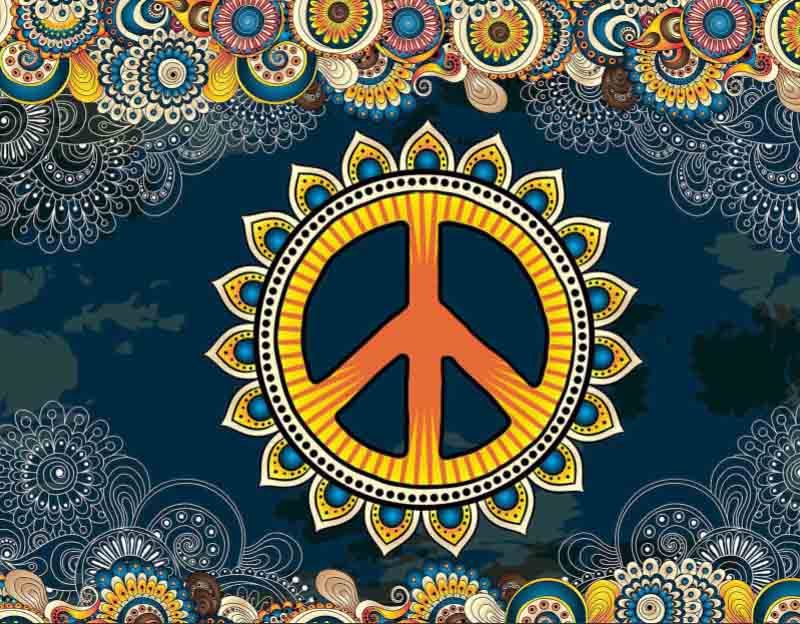Two years since violence erupted in Manipur on May 3, 2023, we must collectively work to lift ourselves from this great and tragic mess that we are currently in. May 3 cannot be seen in isolation. It has to be seen in the larger context of “connected communities” trying to carve out their own separate lands and futures. Manipur and its surrounding states have always been hotbeds of violence because of this. The decolonisation process since Independence has left us on an unstable footing in India and the world. Our state government still goes and begs from the Centre, our educational system has suffered. Basic infrastructure is missing, including roads. Corruption is deeply entrenched. Poverty and hopelessness is the hallmark of this land.
But May 3 and its aftermath must not be used to further more violence. It must be used to reflect, as individuals and as a collective, on why we are in this situation. Only a change of direction and purpose will take us away from violence to a path of reconstruction for a new collective future.
Here I lay down a few paths we must pursue collectively and with great fervour. We must build a whole new architecture of living together. This begins with “re-writing” a common history based on the many histories of the land. The available royal chronicles are not the only history of this land. We must know more about each other than we know about America. Ask a Meitei what she/he knows about the Kukis, Paites or Poumais, or the other way around. Each will have a very sketchy idea at best. There has not been any large-scale effort to relate to each other. Most of the problems will vanish when communities know each other better.
We must also tackle corruption, which is so deep and pervasive that if it is not removed, there is little one can do to move ahead. A lot of our problems stem from this menace.
We must concentrate on rebuilding our schools and colleges and encourage our youth to go back to learning, instead of pushing a narrative of hate on them. In these two years, we have seen hundreds of brainwashed youths being trained in warfare, not foreseeing that this will result in the very society that we have been witness to through the violence of the last couple of years.
In Manipur, forests have been a contentious issue and one of the key triggers of this conflict. Many villages in the hills suffer from lack of water as their springs and streams have dried; in the Valley, rivers, too, have run dry. Reviving forests and springs must be in the interest of all. This is the ecological connectedness that binds people together. Water must once again flow in our villages. If the protection of forests is pursued only for the sake of legal protection but not against timber mafias, then there is a greater problem awaiting us in that area.
Along with this, there is a need to pay far greater attention to mountain agriculture systems. If the traditional jhum is falling short when it comes to sustaining modern families, the restoration and upgradation of our food system, along with better livelihood options, must be our primary goals. Else, other forms of illegal plantations will come up. The illegal nexus of drug and poppy mafias must be crushed. This is not just an issue of one community, it touches the entire Northeast.
Along with these, there are several issues that must now be the focus. But any path that we take must not lead to more violence. Those who push the state along such paths are no leaders. Manipur needs a new beginning.
This article was first published in Indian Express. The original can be read HERE












